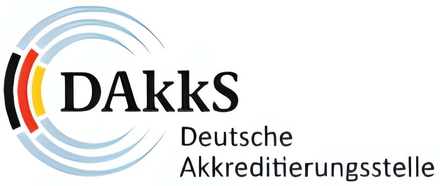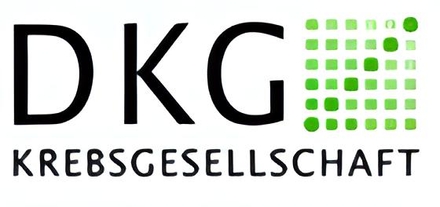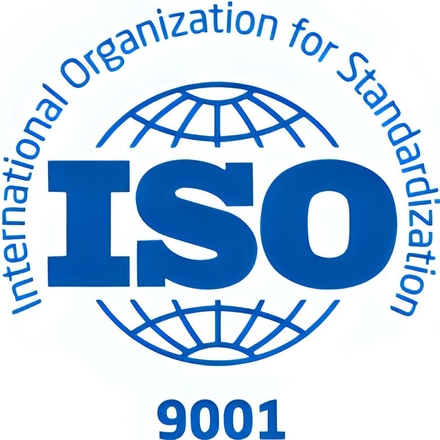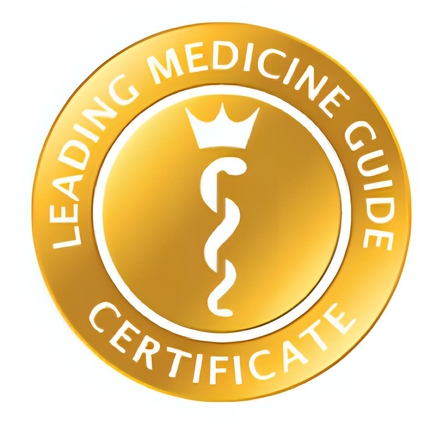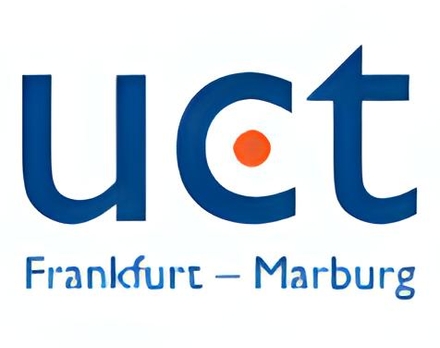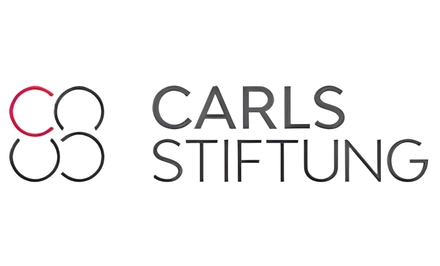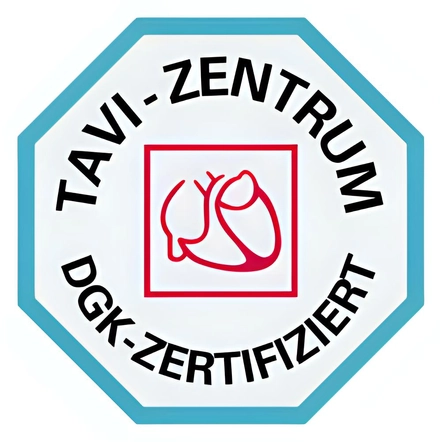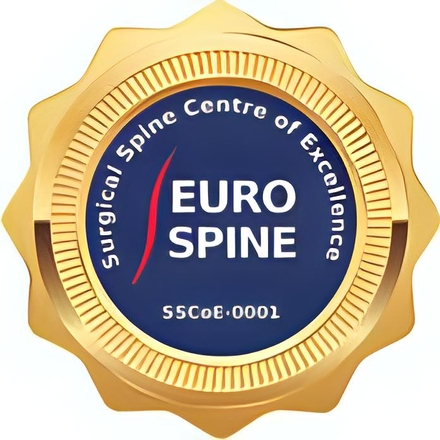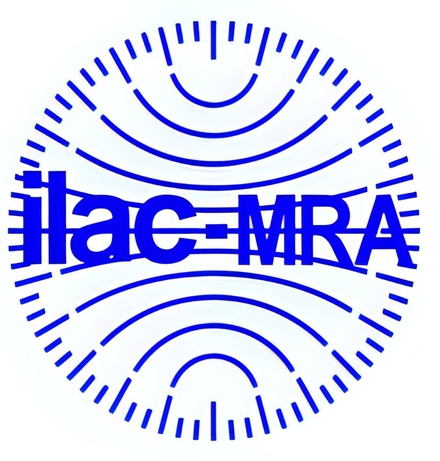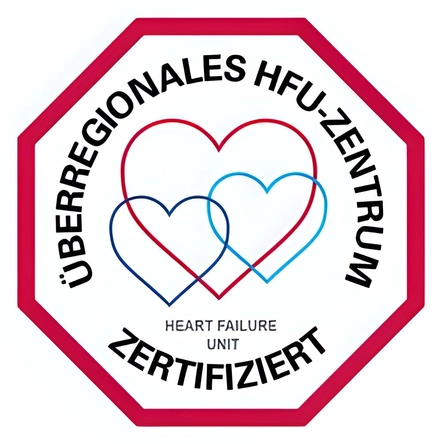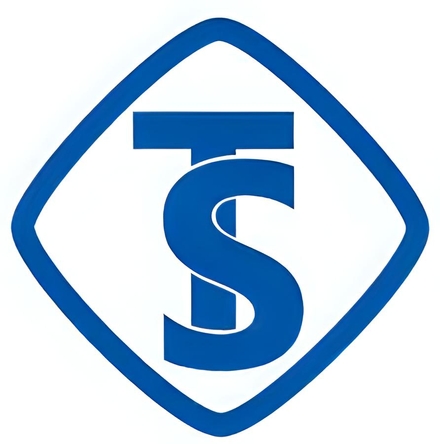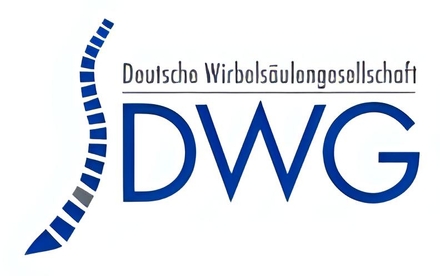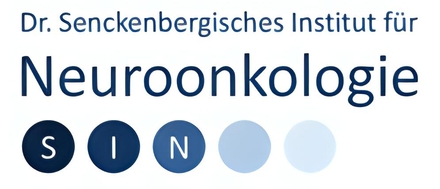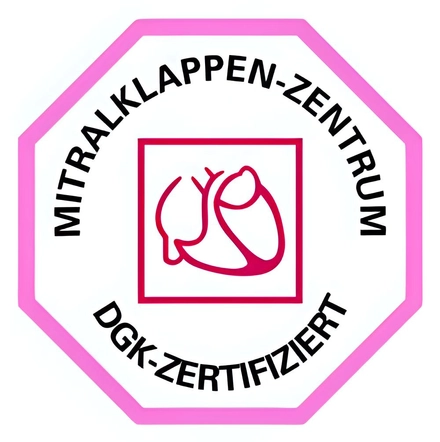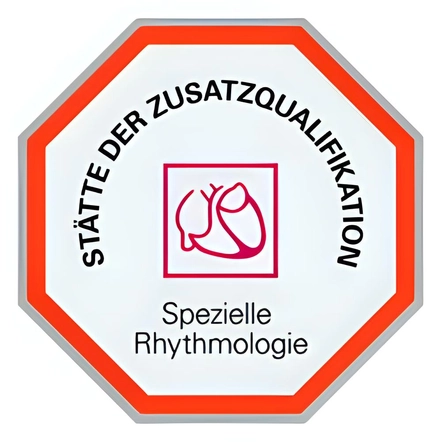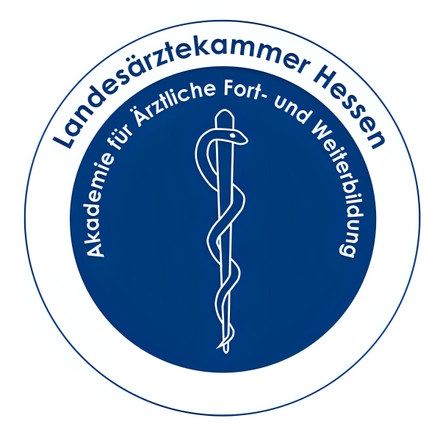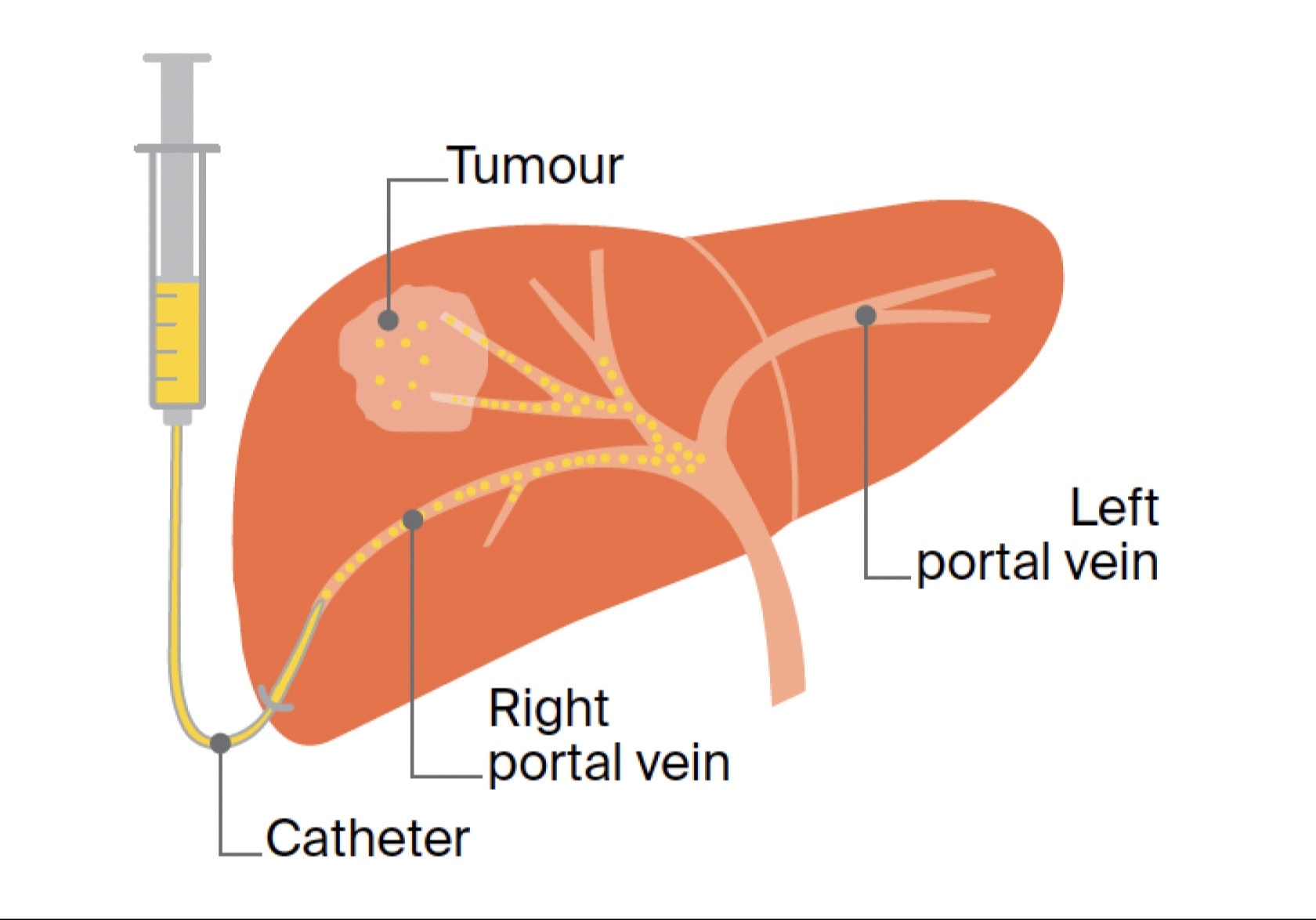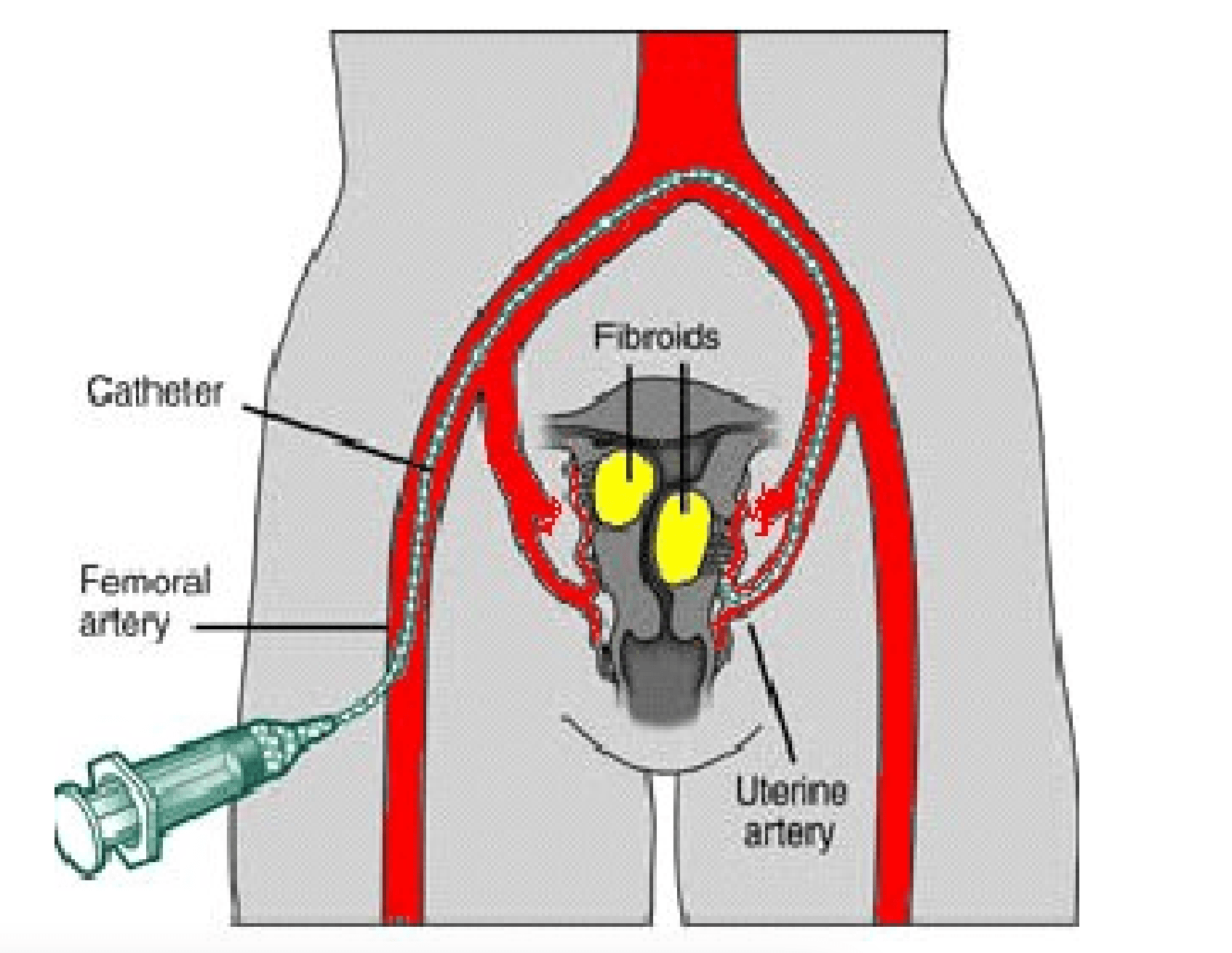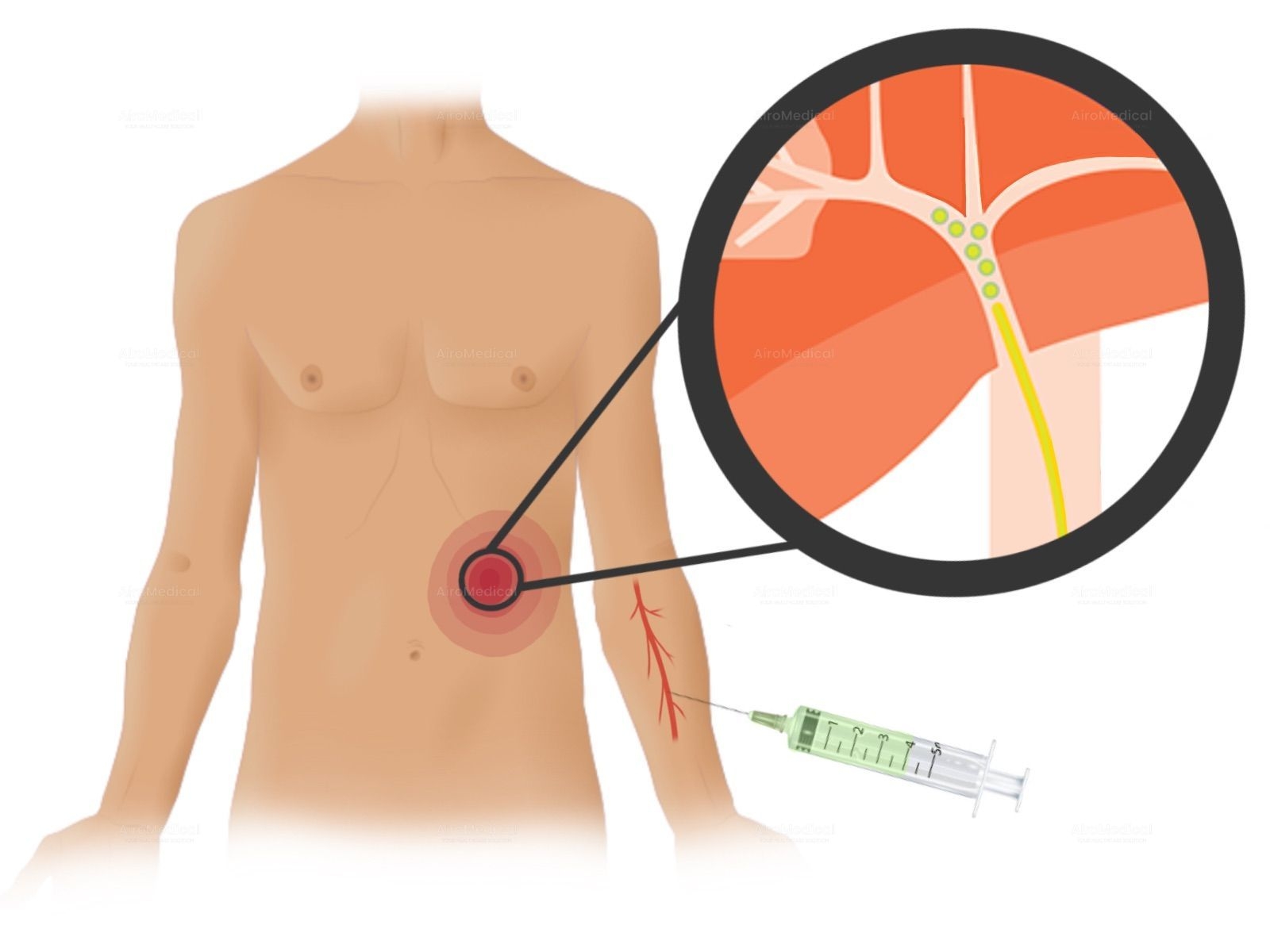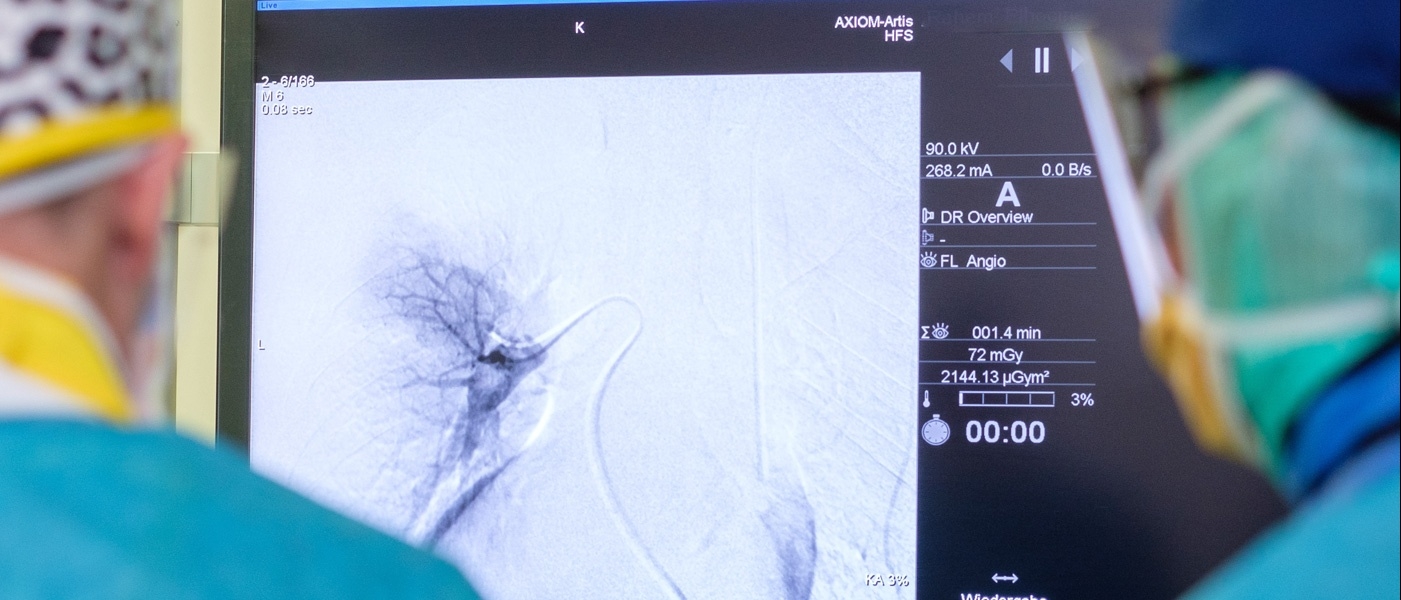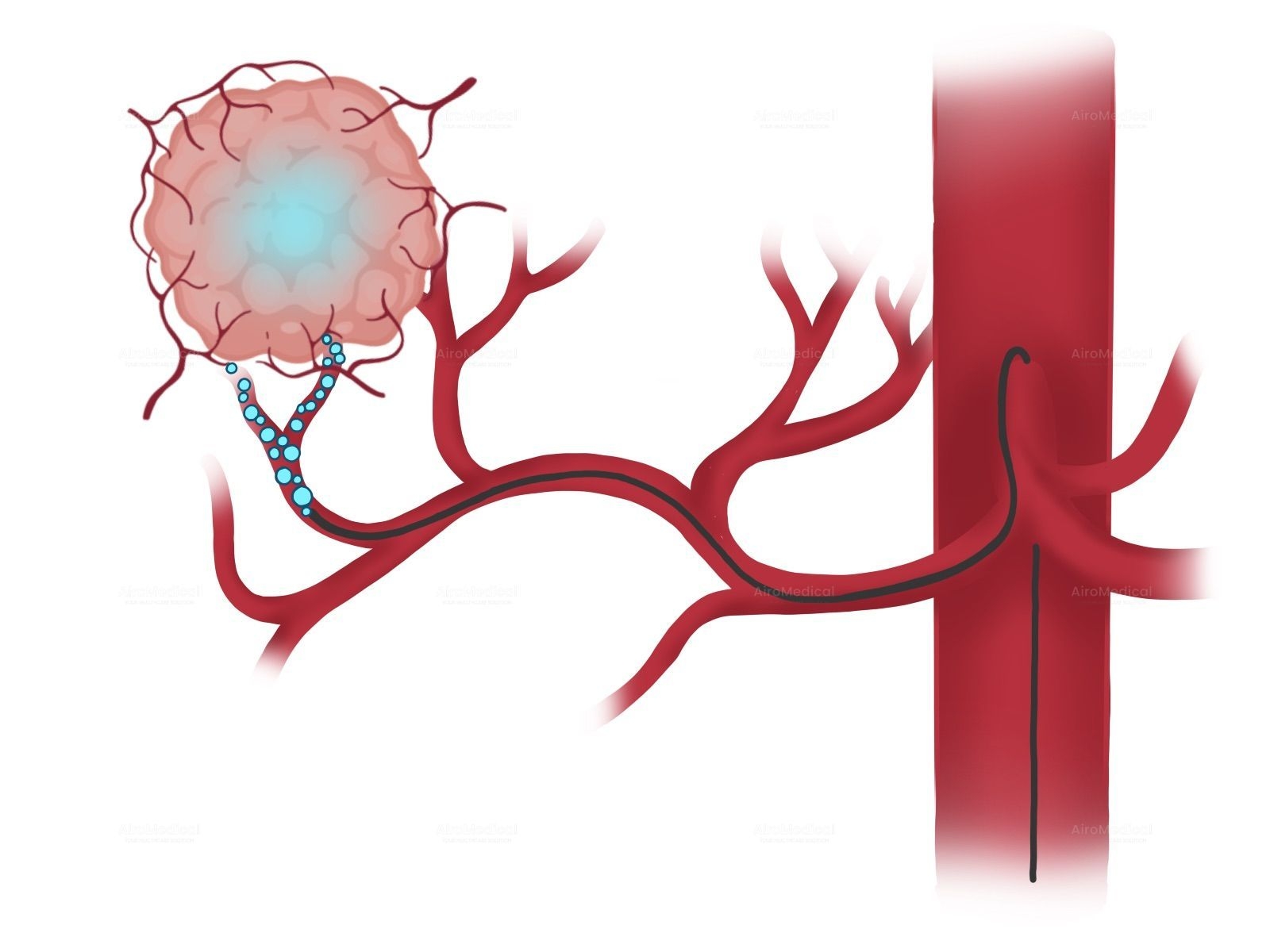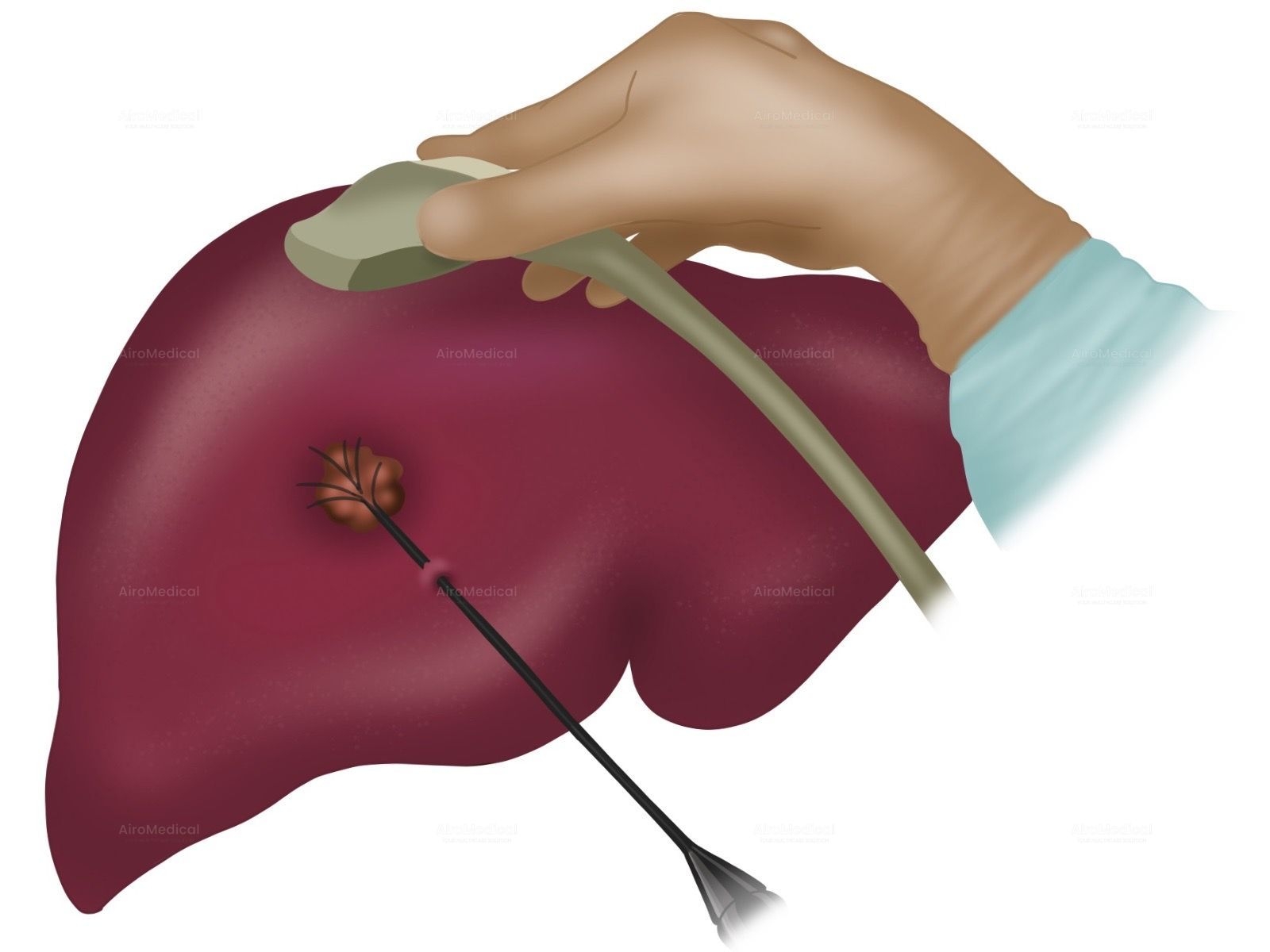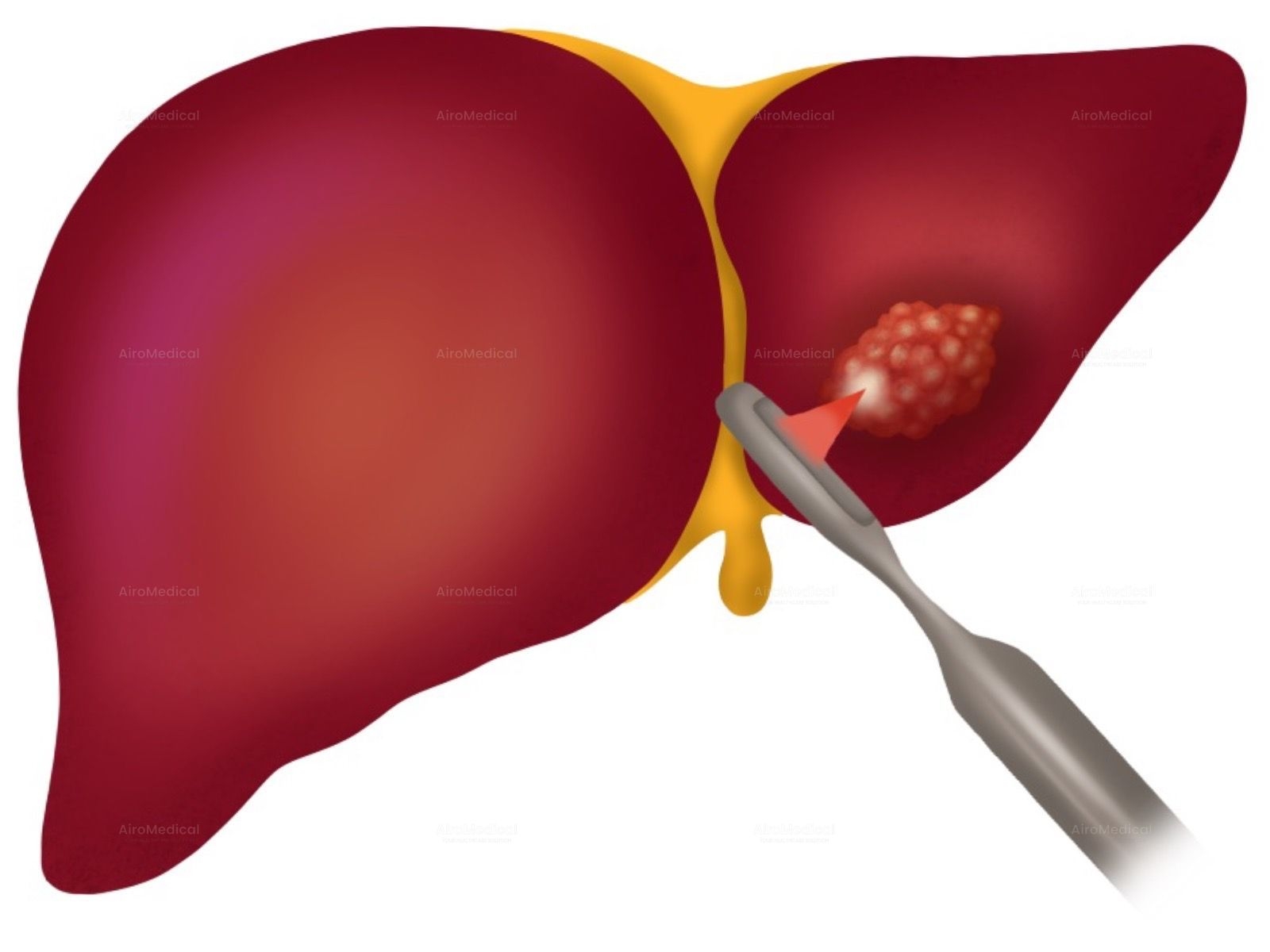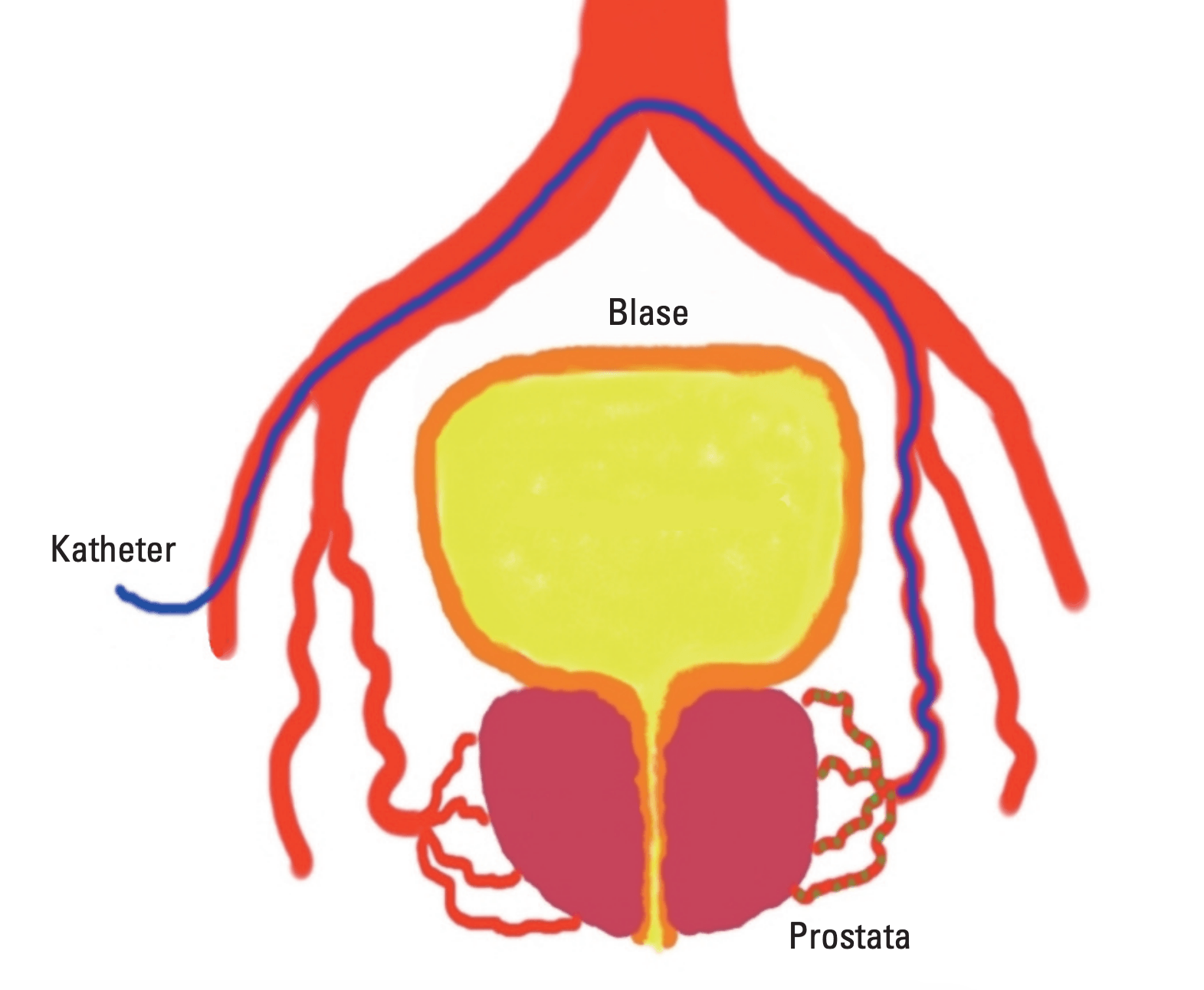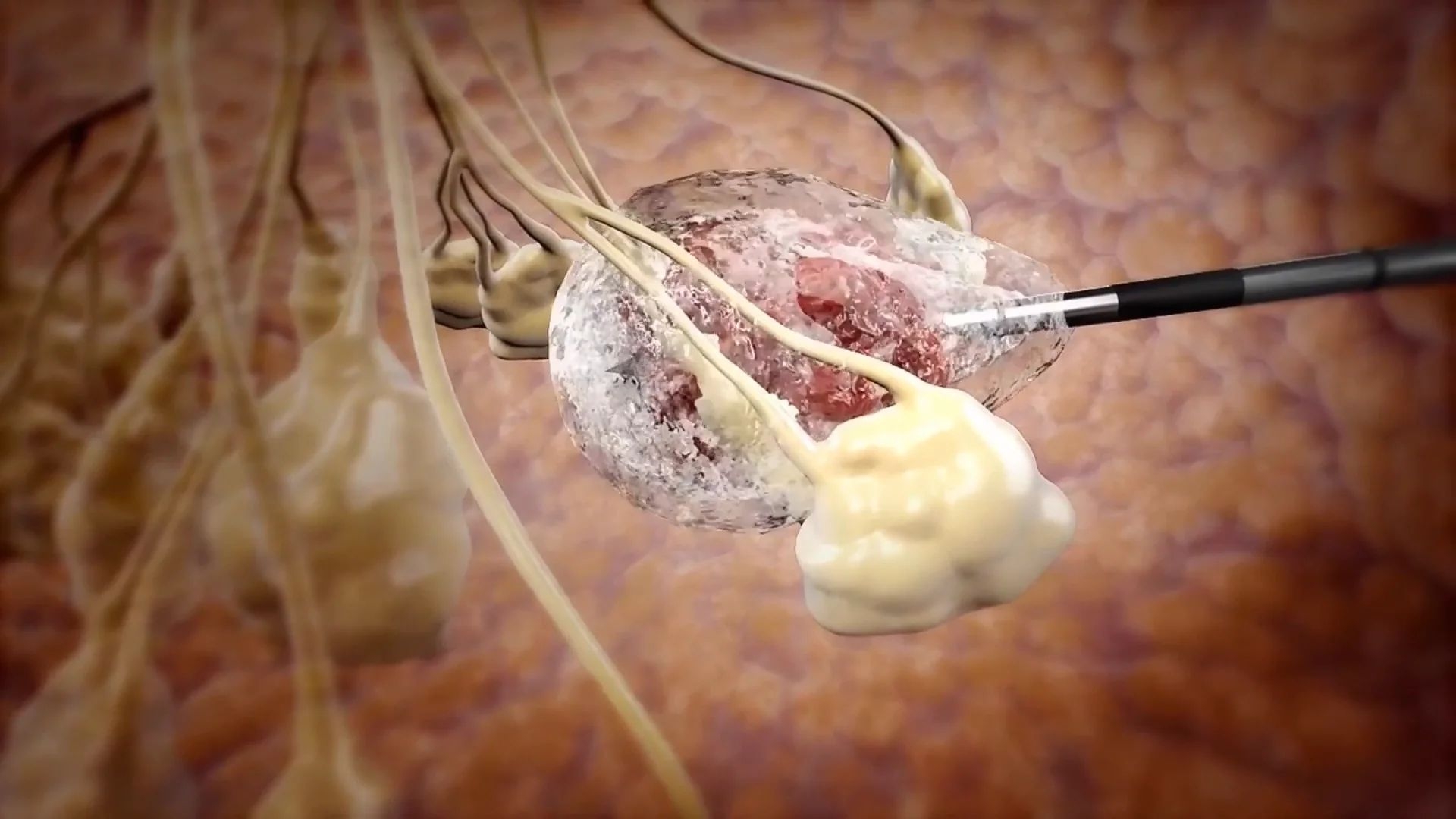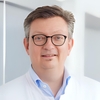Overview
Size & Capacity
Large, 1,496 beds
Clinic type
General
Type of care
Inpatient, Outpatient
Age group
Kids, Adults
2.4 on Google
The data collected based on 1,307 patient reviews on Google
Certificates
Features & Facts
About the clinic
Primary focus
Offers
Departments & Doctors
Gallery

Brain Tumor Medicine in the 21st Century: Understanding Mechanisms, Individualizing Therapies

Skin cancer - detect earlier, treat better #gesundheitsforumffm

10 New university hospital building: The goldfish pond is moving!

6 New university hospital building: Fire protection exercise — or how does the fire engine go through the bottleneck?

9 New university hospital building: First stop moves into the new FfM University Medical Center

8 New University Hospital Building: Open Day
Reviews
Extra services
Location
Theodor-Stern-Kai 7, 60596 Frankfurt am Main, Germany
FAQ
What modern technical equipment does the hospital include?
Among the leading technical equipment: are a gamma scalpel and a DaVinci robot. GammaKnife is an ultra-modern radiosurgical device that successfully treats tumors without open surgery. At the same time, DaVinci is designed to perform complex operations minimally-invasively.
Is University Hospital Frankfurt suitable for patients with cancer?
It is one of the largest institutions dealing with cancer treatment. The oncology unit has a spiral tomograph, a gamma knife, PET, and other latest-generation equipment. Moreover, the team has performed hundreds of successful operations to treat the most complex oncological diseases.
Can I receive diagnostics and treatment for neurology?
The University Hospital Frankfurt includes one of Germany's most prominent institutes for neurology. They use the latest methods of tissue diagnostics. In addition, several scientific working groups are working on the fundamentals of neurological disorders to develop diagnostic and therapeutic procedures.
Get individual treatment plan and cost estimate. Non-binding 100% free assessment.
© University Hospital Frankfurt am Main




